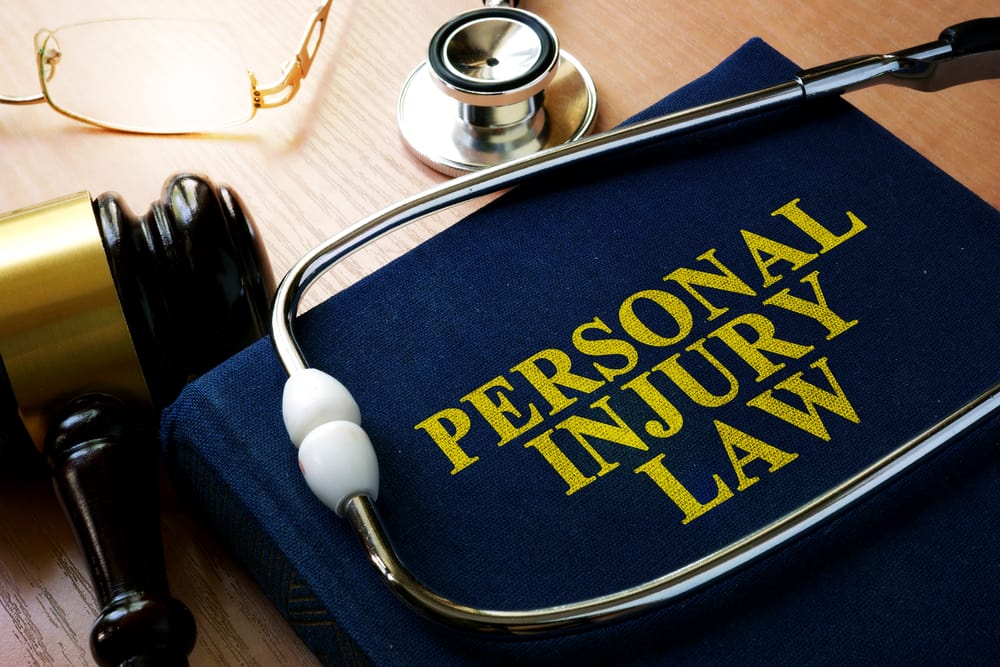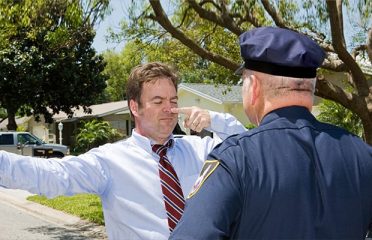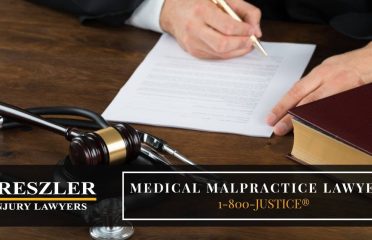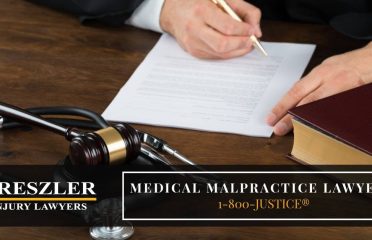After a personal injury, there have many ways to compensate. When accidents happen, one of the first steps you need to take in the aftermath is to get medical care immediately. Many potentially debilitating and even life threatening conditions have symptoms that can take days or even weeks to appear. Not getting the treatment you need could put your health at risk. It can also impact your rights in a personal injury claim.
At Shapiro & Appleton, our VA and NC personal injury attorneys are dedicated to helping clients who have suffered injuries as a result of the reckless and negligent actions of others. Medical evidence, such as reports and records documenting diagnostic testing, treatment, and follow-up care, plays an important role in filing a claim. In order to use this type of evidence in a personal injury lawsuit, your doctor is required to verbally testify about whatever is presented in the report. Typed or videotaped depositions of medical witnesses are crucial in defending your rights to compensation.
Learn More:
- What Is The Difference Between Personal Injury Claim And Personal Injury Lawsuit
- How Are Damages For Pain And Suffering Calculated
- How to Establish Lost Wages for Your Personal Injury Claim
Depositions In The Discovery Portion Of A Personal Injury Claim
The Centers For Disease Control and Prevention (CDC) reports that close to 40 million people visit hospital emergency rooms each year as a result of personal injuries. In the majority of cases, it is the negligent actions of others that are to blame. Under these circumstances, victims have the right to seek compensation for the damages they suffer.
After reporting the incident to the proper authorities and seeking medical care, your next step should be to consult with an experienced personal injury attorney. Depending on the situation, a personal injury lawsuit is often the best way to ensure you get the maximum amount you need to cover your medical expenses, lost wages, and other costs.
Once a lawsuit is filed, the discovery process begins. The goal is to uncover important information, facts, and evidence about the case, which will eventually be presented before a judge and jury. A deposition is one of the tools personal injury attorneys use during this process. Depositions involve:
- A series of questions asked by your attorney, which the person being deposed answers under oath.
- A court stenographer or court reporter will administer the oath and tape record the proceedings.
- Once all testimony is recorded, the court reporter will provide a written transcript which can be read in court or a videotape that can be played for the jury.
Depositions may be performed anywhere, but are often held in the attorney’s office. In addition to you, your attorney, and the person being deposed, the other party to the lawsuit and their legal counsel may be present. People deposed in your case may include witnesses, the at-fault party, property owners, and accident reconstruction experts. Depositions also include medical providers who testify on your behalf and those summoned by the opposing counsel.
Deposition of Medical Witnesses
Medical records are key in conveying important facts about your accident and details surrounding your injuries. This information lays the groundwork for determining the number of damages you may be entitled to in your claim. To have these records admitted into evidence, depositions are required.
Under civil court rules In Virginia, North Carolina, and most states, a doctor’s medical reports cannot be submitted in court without testimony in support of their opinions. This means that although you may have statements from your doctor, copies of your medical history, and a clear understanding of any reports, your doctor must testify before a jury through a typed or videotaped deposition in order for it to be counted as evidence. Important information jurors need to hear that will be addressed in deposition questions include:
- Your medical diagnosis;
- The recommended course of treatment;
- The current impact of your injuries;
- Your prognosis for recovery;
- Any lingering disabilities or medical issues you are likely to suffer;
- Any ongoing treatment that may be required.
The National Institutes of Health (NIH) also recommends medical testimony for use in revealing information about how your accident occurred and who was to blame. For example, in a rear end car accident, severe whiplash injuries may be a clear indicator that the other driver was speeding in the moments prior to impact.
Objections To Medical Witness Testimony
At Shapiro & Appleton, our personal injury attorneys will use medical witness testimony in the form of typed or videotaped depositions to build a strong case for awarding you the maximum amount in damages. However, it is important to be aware that opposing counsel may object to this evidence or use their own medical experts as a means of fighting your claim. Strategies they may employ include:
- Disputing the severity of your injuries and your doctor’s diagnosis;
- Disputing how injuries occurred and your doctor’s opinions on the matter;
- Disputing any long term impacts you are likely to suffer or the amount of treatment needed.
While these types of disputes can potentially impact the amount you are awarded in your claim, you can trust our experienced personal injury attorneys ability to handle the situation effectively. All information gathered during discovery is shared by both sides and the judge will take up any objections prior to the beginning of trial, avoiding potential problems or delays.
Get Our VA and NC Personal Injury Attorneys On Your Side
Personal injuries can impact your health and financial security for years into the future. At Shapiro & Appleton, we are dedicated to helping you get the maximum amount you are entitled to in a settlement. Call or contact our personal injury attorneys online to serve clients throughout VA and NC areas and request a consultation today.









